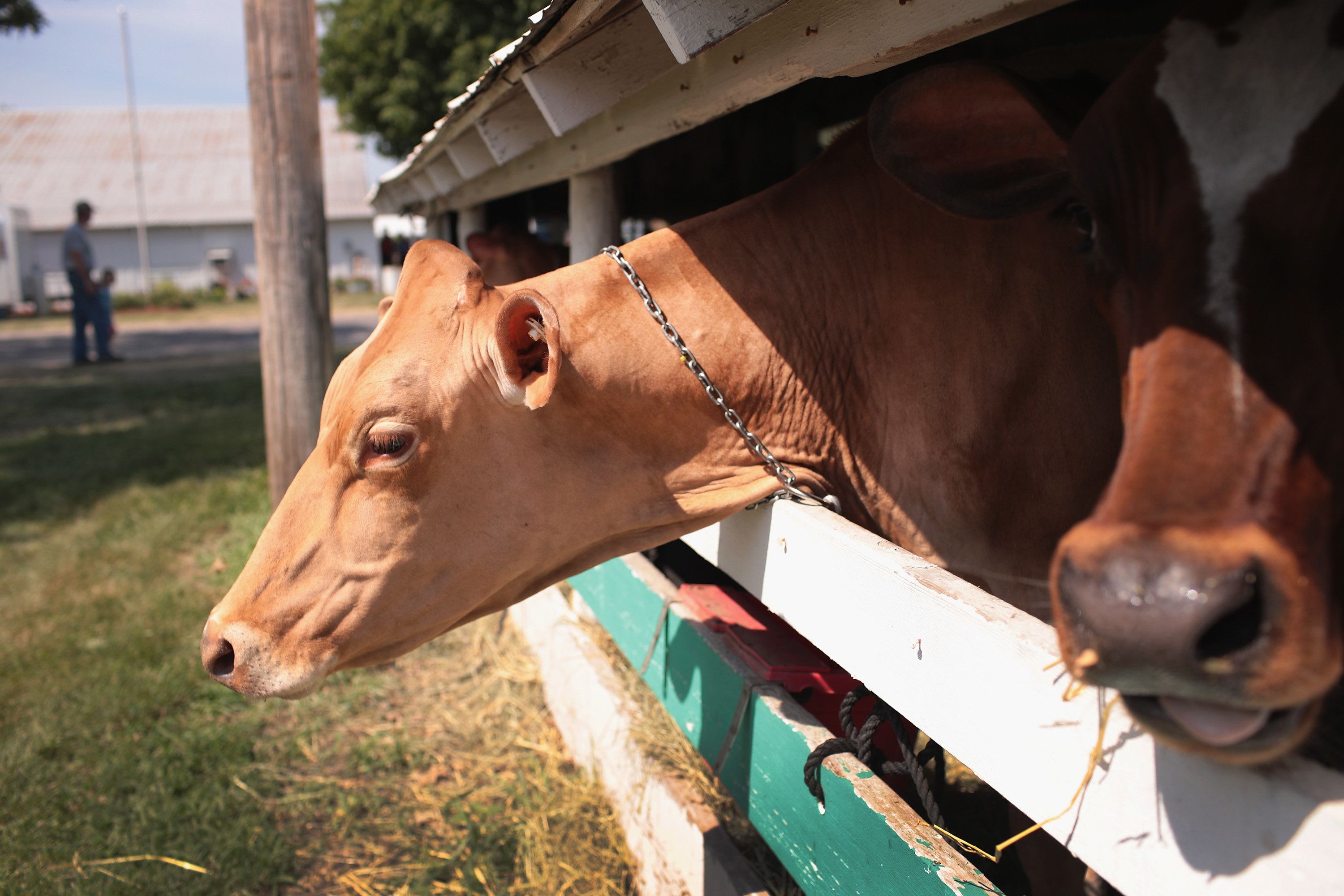We deserve to know where Trump and Biden stand on factory farming
By: Joe Loria, Meat Reduction Campaign Manager, World Animal Protection,US
The presidential debates are quickly approaching as we draw nearer to election day. And with a pandemic taking the lives of nearly 200,000 Americans, record unemployment, wildfires raging across the western part of our country, and an unprecedented hurricane season, there are many questions voters likely have for President Trump and former Vice President Biden.
In the past, nominees have addressed healthcare and climate change to trade issues and the economy. Still, one subject always seems to be left out of the public discourse yet impacts so many of the critical issues Americans care about: factory farming. While we can look at what both nominees have done in the past related to factory farming, Americans must learn how the two frontrunners plan to tackle it in the future, especially given all that has happened this year.
From being a leading cause of environmental destruction and climate change to a likely next pandemic source to horrifying animal cruelty and a host of labor issues, factory farming might seem like the cheapest and most efficient way to produce America's food. But in reality, it comes at a high cost to society.
Our next president must take on the large multinational meat corporations that prop up factory farms, something no other president has yet to do. Countless studies have shown factory farming's contribution to climate change, emitting more greenhouse gases than all the transportation in the world combined. In fact, it will be nearly impossible to achieve the goals set by the Paris Climate Agreement if we don't significantly reduce livestock farming and switch to more sustainable protein sources.
As for the pandemic, while we're nowhere near out of the woods when it comes to Covid-19, we should be working to prevent another one from occurring.Many scientists believe this starts with eliminating factory farming. Nearly 99% of US meat comes from factory farms, where animals are packed together in cruel confinement to maximize profits.
Factory farms create an ideal breeding ground for virus and bacteria mutations that human immune systems have never seen before. In other words, factory farming is a likely source for the next pandemic, and our next president needs to be prepared. According to reports, more than 200 meatpacking workers in the US have died of Covid-19, and at least 42,534 workers have tested positive for the virus. From the onset of the pandemic, large multinational meat corporations prioritized profits over worker safety by speeding up slaughter lines, forcing workers to stand closer together, and not distributing PPE immediately.
Even before Covid-19, the industrialized meat industry exploited workers with whistleblowers reporting that meatpackers were denied bathroom breaks, being forced to wear diapers so as not to risk getting fired. To make matters worse, these companies preyed upon vulnerable communities for labor, such as immigrants who would be threatened with deportation if they spoke out against the reported abuses. When the candidates say they support workers, we must hold them accountable and ask if they will take on the factory farming industry to protect those producing America's food.
Our next president must empower small-scale independent farmers and growers who use more humane and sustainable practices to transform and secure our food system. It is also essential, for the wellbeing of our country, the planet, and animals, that our next president takes steps to reduce meat consumption in America – one of the countries that eats the most meat – so that we can support this shift away from factory farming as demand for meat drops. I hope that at some point during the upcoming presidential debates, America gets to learn how exactly President Trump and former vice president Biden plan on uplifting rural communities and independent farmers, protecting meatpacking workers and farmhands, improving animal welfare, and safeguarding our planet by banning factory farming once and for all.
- Everything you need to know about the presidential debates - Indy100 Conversations ›
- African wildlife centers are suffering. Here's how to help - Indy100 Conversations ›
- British docu-series driving environmental change - Indy100 Conversations ›
- British docu-series driving environmental change - Indy100 Conversations ›
- Why antibiotics for animals are bad for humans - Indy100 Conversations ›
